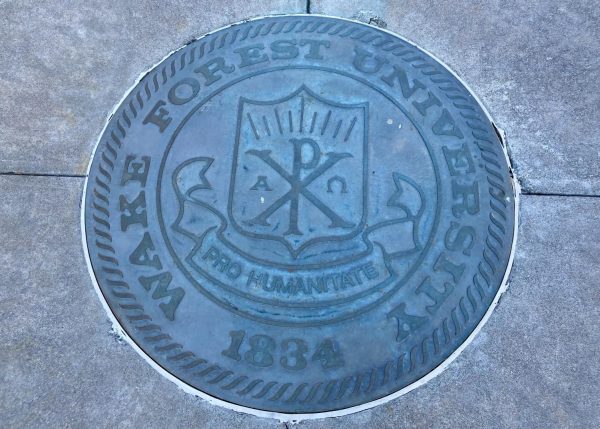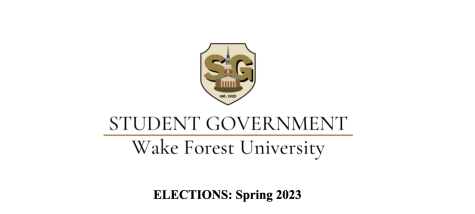Letter to the editor regarding college tips article
Wake Forest’s Alcohol and Other Drug Coalition writes in response to an Aug. 18 article
August 25, 2022
We, the WFU Alcohol and Other Drug (AOD) Coalition, want to offer a response to the Aug. 18, 2022 article entitled, “Conquer college with these ‘surefire’ tips.” While the disclaimer that the piece is intended to be “satirical in nature” was added earlier this week to the digital copy, it was not clear in the original publication what the intent of this article was. We believe that the result is that this piece had the potential to create harms related to health, safety, sense of belonging; and equity and inclusion and to create confusion for members of our campus community, especially first-year students and their families.
We would like to specifically address the article’s statements that are related to AOD and the potential harms that could result. We offer the points below in the spirit of educating our campus community and harm reduction:
Adderall and Vyvanse: Stimulant medication does not improve academic performance for people not diagnosed with ADHD. Research has clearly shown that not only does non-medical use of prescription stimulants (NPS) not improve academic performance, it decreases GPA. It is also associated with a higher risk of dependence, higher use of other drugs, and increased missing class. Studies further show that stopping NPS resulted in GPA increases.
Binge Drinking: Dangerous drinking is not a joke. Every year over 1500 college students die due to alcohol misuse. Encouraging students to consume the number of drinks that corresponds to their credit hours (12-19 drinks) is dangerous and irresponsible. For a 160 lb man over 4 hours 12 drinks would result in a BAC of .30 and for a 120 lb woman, .38. (go.wfu.edu/BAC). A BAC of .30 is often regarded by medical professionals as the level of intoxication where breathing stops.
Fake IDs are illegal and violate the WFU code of Conduct. The article fails to inform students that the ALE (alcohol law enforcement) frequently works the Last Resort looking for fake IDs. Students who have fake IDs are charged both by the ALE and reported to the WFU Dean of Students for a conduct hearing.
While Wake Forest has an award-winning AOD misuse prevention portfolio and evidence-based support services ([email protected]) that have effectively and significantly reduced the harms experienced by students from AOD use, no campus is immune from the serious and potentially lethal effects that can occur when things go wrong.
Over 1000 Deacs do not drink and a majority do not use drugs so we want to remind those students who choose not to partake that they are not alone. For students who do decide to use alcohol or other drugs, we want to remind them that there are safer ways to engage with those substances and there is help here for them to be safer. Most of all, take care of each other; it’s what Deacs do.
Yours in Health and Wellbeing,
The Members of The Wake Forest University Alcohol and Other Drug Coalition ([email protected])





















